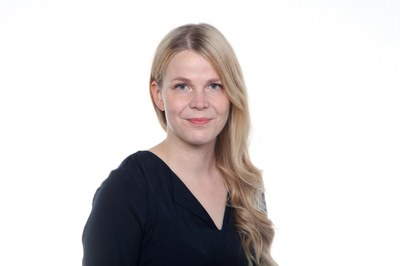
Research news: New knowledge on factors predicting survival in older adults
Factors underlying these differences relate to the later improvement of socio-economic situation in Finland compared with Sweden and Denmark and to the hardships encountered in Finland during the first half of the 20th century. Survival from age 75 to 80 was not, however, significally different between the local populations examined in three Nordic localities. According to the expectations the survival of women was longer than men, and in addition women in Göteborg survived better than women in the two other localities.
The predictors of survival in all groups of men and women included good performance in walking and sensory-motor performance and drawing conclusions, carrying out basic activities of daily living without problems and being socially active. Other important factors predicting survival in almost all subgroups were low number of longstanding diseases, being physically active and having good work power. The importance of physical fitness was pronounced as a predictor of survival among men, whereas among women the role of social activity was accentuated. Body mass index, body fat content and waist girth were not predictive of survival.
The findings of the study has importance and can be used in attempts aiming at clarify and promote factors that support well-being and health in old age . The findings also emphasize the need to pay attention to the unique life courses, life stages and changes over time in living conditions of each birth cohort.
This study investigated survival and its predictors from age 75 to 85 among three local Nordic populations using survival data on national cohorts as background information. The data in local populations were derived from samples of 75-year old living in Göteborg (Sweden), Jyväskylä (Finland) and Glostrup (Denmark). Altogether 1396 people were invited to take part in comprehensive and multidisciplinary gerontological interviews and examinations. Survival of the subjects was followed over ten years and factors predictive of survival were investigated. To our knowledge corresponding comparative study has not been carried out previously. The study was planned and implemented according to the initiative of the research group within the University of Jyväskylä.
The results of the present study were published in August 2015.
Heikkinen E, Kauppinen M, Schroll M, Steen B, Era P: Survival and its predictors from age 75 to 85 in men and women belonging to cohorts with marked survival differences to age 75: a comparative study in three Nordic populations. Aging Clinical and Experimental Research 2015 Aug 9. [Epub ahead of print]
NORA research group: University of Jyväskylä, Gerontology Research Center, Finland, Glostrup University Hospital, Centr of Preventive Medcine, Denmark, Sahlgrenska Akademy at Göteborg University, Sweden, and University of Jyväskylä, Department of Health Sciences, Finland.
Contact person:
Eino Heikkinen, professori emeritus, LKT, 040-8214481, eino.heikkinen@jyu.fi


